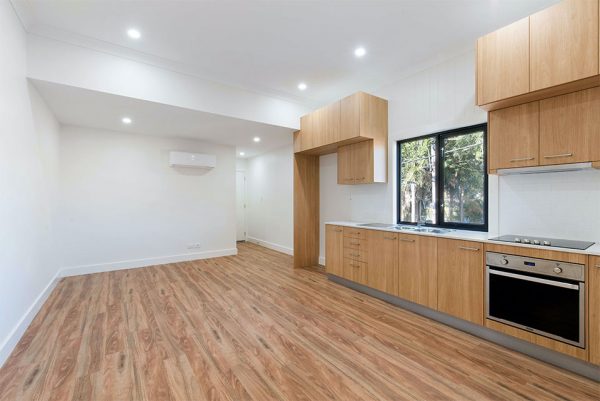
When people seek a new home they do it for various reasons. They may be first-time buyers, moving for work, or needing somewhere bigger to live. Perhaps you’re in the market for a new house but don’t think you can afford it. The good news is that there are ways to buy a house without breaking the bank. In this article, we’ll provide some tips to help you get into your dream home without running out of money.
1. Assess Your Budget
Look at your total monthly income to determine how much you can realistically put toward a mortgage payment each month. Factor in any current expenses (e.g. car payments, student loans, credit card debt, etc.). Also consider the future house expenses, such as property taxes and insurance. If the home requires any major repairs or renovations, this must also be factored in.
It’s important to take into account any savings you have for a down payment on the home. Most lenders require at least 20% of the purchase price. If you have more saved than this, you may be able to negotiate a better interest rate on your loan.
2. Speak To A Mortgage Broker
These professionals act as middlemen between banks and potential borrowers. They can help you determine the most suitable loan for your needs and negotiate the best terms with lenders. They can even get you special deals you wouldn’t be able to find on your own. Having a broker by your side gives you access to expertise and experience that’ll ultimately save you money in the long run.
Make sure the professional has a good reputation and inquire about their fees before proceeding. It’s possible to compare multiple brokers online, so take advantage of this. If you’re looking for first time buyer mortgage brokers you can access their free advice service and get a mortgage in principle within one hour. They can advise you about the application, assist with the paperwork and chase the banks and solicitors on your behalf.
3. Get Pre-Approved For A Mortgage And Be Prepared To Negotiate
Mortgage pre-approval is a key way to discover exactly how much house you can afford. This will help you narrow down your search and save time by only looking at properties that fit within your budget. Pre-approval also shows sellers that you’re serious and financially secure. This may make them more likely to accept an offer from you over another buyer who hasn’t been pre-approved.
If you’re not confident negotiating the house price, involve someone who is. If the sellers are motivated to move, they may be willing to negotiate the price down (or offer extra incentives such as covering closing costs or throwing in appliances). It doesn’t hurt to try, and you can always walk away from a bad deal if needed.
4. Check Your Credit Score
This is an important factor that lenders take into consideration when you apply for a loan. A good credit score will help get you lower interest rates, while a low score may lead to higher interest rates – or being denied a loan altogether.
Here are some ways you can enhance your credit score:
- Pay bills on time and in full
- Reduce your overall debt
- Check your credit report regularly for accuracy
- Dispute any errors you find

5. Research Neighborhoods That Match Your Budget
Knowing the average price of houses in a particular area and neighborhood can help you determine what type of home you can afford. Additionally, research into the local market trends and housing prices helps to inform your decision on when to purchase. Firstly, narrow down your list of potential neighborhoods by researching the average house prices for each one.
Look at more than just listing prices. Consider factors such as crime rates, school district ratings, proximity to amenities, and job opportunities/unemployment rates. The National Association of Realtors’ website provides valuable information on neighborhood trends and housing prices in different areas across the country.
6. Find A Suitable Real Estate Agent
This is an intermediary that specializes in the sale and purchase of homes. They can provide you with access to listings, negotiation assistance, and support during closing. When looking for a real estate agent, seek one that has experience in your local market. Ask friends, colleagues or family members for recommendations if possible.
You should also look online for reviews from previous customers and contact several different agents before deciding on one. With their guidance, you may be able to find ways to save money on closing costs or other fees associated with buying a house.
It’s worth getting the home inspected before you buy it, and being prepared to compromise if your budget’s limited. With the right steps and advice, you should find what you need at a price you can afford. In turn, you’ll have many happy years living in your new abode.
SUBSCRIBE FOR MORE! HERE’S WHY:
1. You get 7 free books
2. You get the best money & productivity articles
3. You get the latest updates – all in one email per week
You have Successfully Subscribed!
